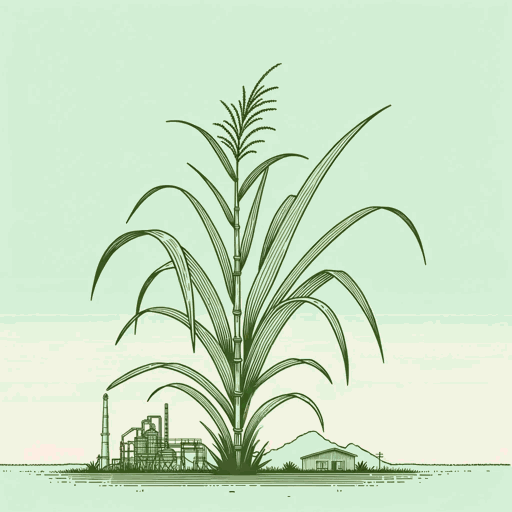37 pages • 1 hour read
Milton MurayamaAll I Asking for Is My Body
Fiction | Novel | Adult | Published in 1975A modern alternative to SparkNotes and CliffsNotes, SuperSummary offers high-quality Study Guides with detailed chapter summaries and analysis of major themes, characters, and more.
Important Quotes
“‘But can’t you see, Kiyo-chan, people will laugh at you.’ ‘Look at that Kiyoshi Oyama,’ they’ll say, ‘he always eats at the Sasakis’. It’s because his parents are poor and he doesn’t have enough to eat at home.’”
(Part 1, Page 3)
This is an early indication of how the mother sees her children as an extension of herself and the family, rather than as autonomous individuals. She conflates Kiyo’s reputation with that of the family’s reputation, an ongoing theme in the story.
“‘Not dangerous, Makot been take me go.’”
(Part 1, Page 4)
In this quotation, Murayama gives the reader a glimpse at the interesting language spoken by Japanese Americans in Hawaii. In Franklin S. Odo’s afterward, he states: “Murayama gives us an almost tangible feel for the language—pidgin English or, more correctly, Hawaiian English Creole—then in use among the nisei on a Maui sugar plantation” (105).
“I went to the Filipino Camp and I was scared. It was a spooky place, not like Japanese camp. The Filipinos were all men and there were no women or children and the same-looking houses were all bare, no curtains in the windows or potted plants on the porches. The only way you could tell them apart was by their numbers.”
(Part 1, Page 10)
This quote shows that even though there were people from many cultures working and studying together in Hawaii at this time, they did not necessarily have access to each other. In his afterword of the novel, Odo writes that “Murayama explodes another myth, that of the melting pot, by describing how separate were the lives of the various ethnic communities in spite of the physical and social environments” (108).

